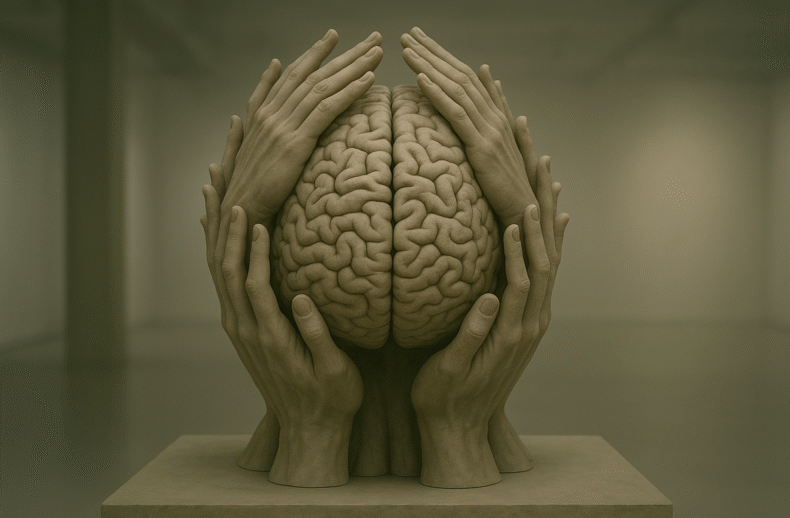Modern higher education promises enlightenment but often serves as a vehicle for social distinction and symbolic superiority. While human brains share equal potential, education becomes a privilege that structures access to recognition-based labor hierarchies. This essay explores how education feeds the loop of recognition, why highly educated individuals rarely perform low-status work, and how a new value system—guided by Eidoism—can realign education and labor with structural contribution rather than social performance.












